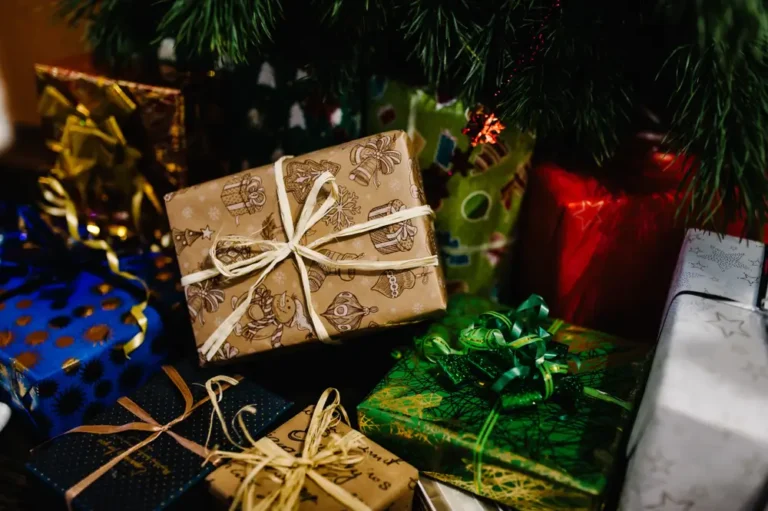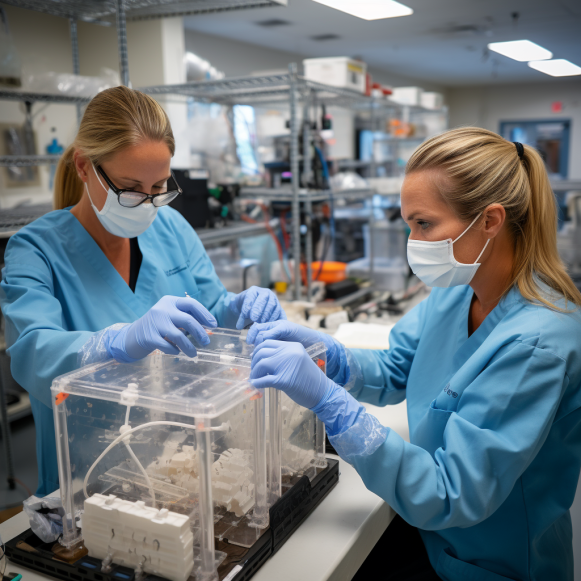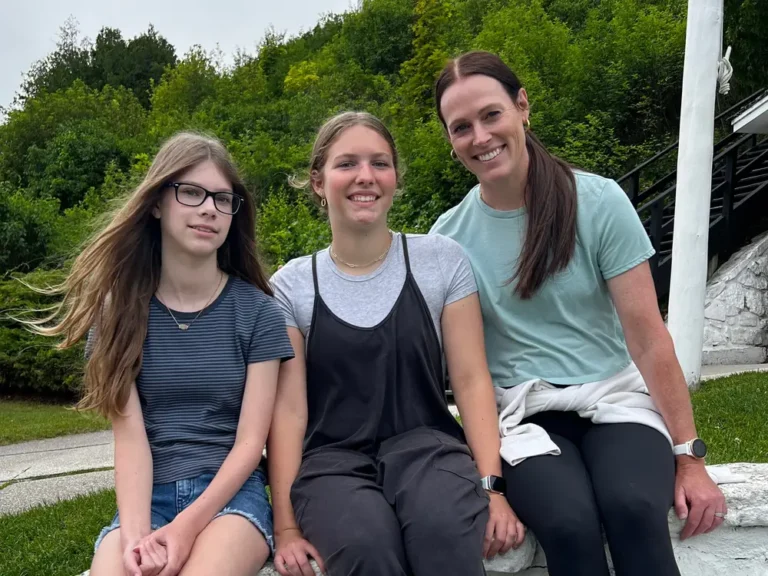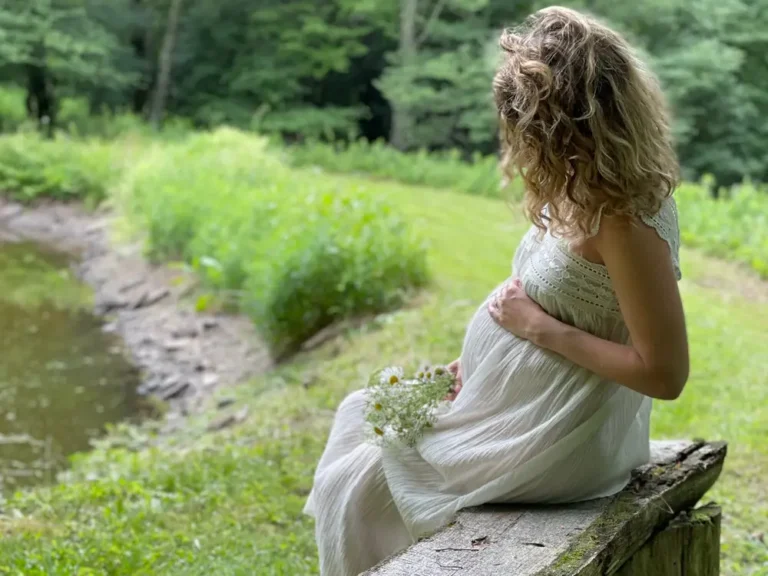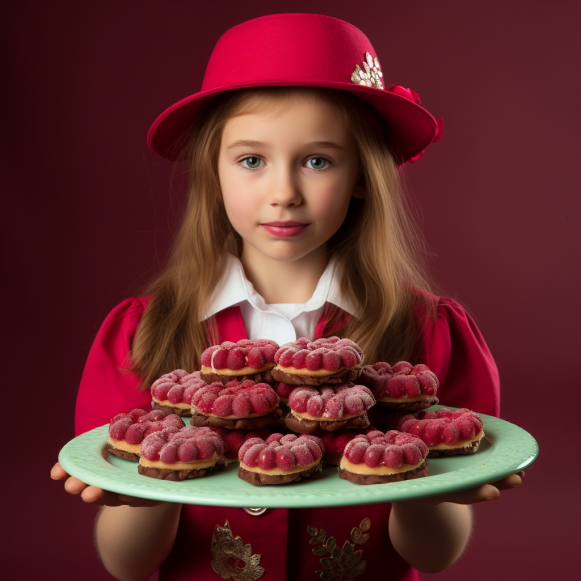I spent my childhood traveling for my dad’s work. It wasn’t all that glamorous, and I struggled when we moved home.
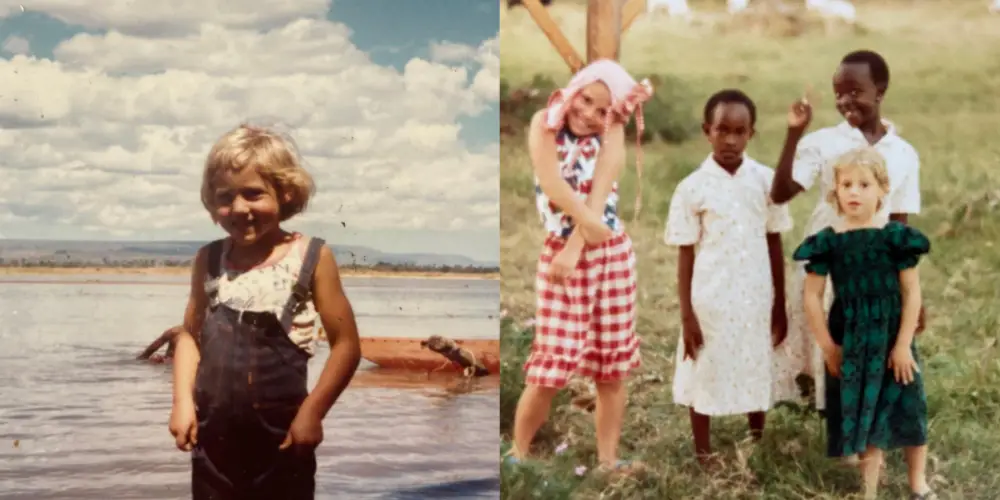
Prag now lives in Devon, England. She said having a place to call home has been important to her in adulthood.
I was born in Malaysia, where my dad was doing one of his projects.
He was a consultant economist. When he went abroad for work, our family would often accompany him.
We moved back to the UK when I was six months old, but when I was four and a half, we moved to Tanzania for a year and a half. Before I’d turned nine, we’d also lived in Kenya for a year and Ghana for eight months.
We settled back in the UK around the time my older sister had to start secondary school. My parents decided we’d stop traveling as a family, and my dad would carry on by himself. He took another job in Indonesia, and when I was 10 and 11, I spent two summers there with him and also visited him in Nepal when he worked there a few months later.
I’m grateful for the childhood I had, but it made me accustomed to a short-term lifestyle. I struggled to adjust when we moved back to the UK, where I spent the rest of my childhood. I’d advise parents raising kids abroad to help their children maintain long-term friendships and hobbies.
Our expat lifestyle showed me how hard life can be in other parts of the world
When we lived abroad, our mom stayed at home with us while our dad worked.
Though we periodically spent time in England growing up, my memories of Africa are much clearer. I do remember UK winters — huddling up in a dressing gown and turning the TV on.
In Africa, we were outside most of the time. In both Tanzania and Kenya, we lived very close to the sea and swam a lot.
We were part of a large community of expats in Tanzania — I attended a small school for expat children.
I understood we were visitors from England and not in our own country. In Tanzania, we lived close to a mud hut village, and I knew the residents lived differently from us. I made friends with one of the village girls called Tatu, who was around my age, but lost interest in the friendship after a while because she had to work so hard at home.
Being expats and having a certain lifestyle handed on a plate to us, we always had people working in the house, like cooks and a housekeeper, but I don’t think this sheltered me from the reality of domestic work. My parents did most of the cooking, but in Tanzania, we had a domestic worker who prepared a simple lunch for us.
I saw how hard life was for our house helper’s family. They lived with 10 to 15 people in a house that was no bigger than our house with four people. It made me aware of inequalities in the world. Now, as an adult, I often feel more knowledgeable about news in remote areas than in the developed world.
A childhood of traveling wasn’t as glamorous as people think and I struggled with life back in the UK
People always ask me how amazing my childhood must have been.
It really was amazing, and I’m grateful for the experiences I had, but it wasn’t as glamorous as people imagine.
We did have hired help, but we weren’t waited on full-time. We dealt with snakes, and I caught malaria when I was eight in Ghana.
Going back and forth between Africa and the UK was challenging. When we returned from Ghana, the British winter was bitter and freezing. I really struggled.
I loved school in Africa. We had short days and finished at lunchtime. In the UK, the school system felt more rigid. I didn’t understand what was expected of me — being told to stand behind our chairs and filing into assemblies felt very regimented. For weeks, I cried about it.
Making friends wasn’t difficult because I was used to adjusting to new places, but most of my friendships only lasted a short time, and I’d never see them again when we moved away.
It instilled a notion in me that everything is short-term, so I’d give up on things easily.
Back in the UK, I took up swimming. I loved it for a while, but when the winter mornings became too cold and dark, I quit. I tried dance, but because it involved getting on a bus on my own as a 10-year-old, I quit that too. I’d done so many things that lasted a short period of time, so quitting things seemed normal to me and my family.
I’m a parent now, and my daughters dance. Seeing them progress and how far I could have gone makes me regret my choice. But I’ve since learned the value of seeing things through. Having children, which is a project for life, played a big role in that.
My advice to expat parents is to help your kids keep up long-term friendships and hobbies
Because of my upbringing, I’m a confident traveler. When I was 26, I moved to France for three years. I’ve also taken my children on trips to see the world. We’ve been to India and France and have done road trips over the summers. But we always return to our home in Devon, England, where I work as a freelance writer and editor.
Being rooted and having a place to call home has been very important to me as an adult. I don’t have some unquenched need to satisfy, perhaps because I’ve traveled a lot already.
When I traveled to India, I met expat couples who decided to live there full-time. They set up businesses there, and during monsoon seasons, they’d travel to other locations. The idea of doing that with children terrified me. Because of my childhood experiences, I couldn’t bear to travel several times a year while maintaining an education and social life for my kids. I wanted them to have stable friend circles and activities they could keep doing.
Living abroad is a wonderful thing to do, but one piece of advice I have for parents is to try to help their kids keep up friendships they’ve made through writing or meeting up later in life. And if you’re moving between different places, make arrangements for your child to continue doing activities they love.
My upbringing made me self-reliant, which can be a valuable trait, but a negative impact is I’ve become someone who dips in and out of friendships and communities. I’m not a rotten friend, but I struggle to be consistent and value community projects.
Instilling a sense of longevity into your kids’ lives is a valuable thing to do. I didn’t have that, but I would have benefited from it.

